


93 Posts
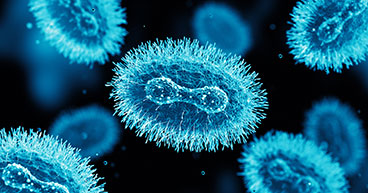
August 17, 2022
Monkeypox: What cancer patients need to knowCancer patients need to be vigilant about a new disease caused by a virus that has health care agencies raising red flags: monkeypox.
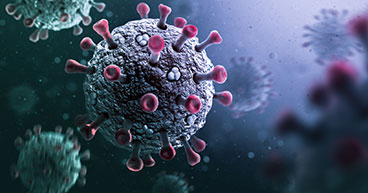
July 27, 2022
COVID-19 subvariants posing new threat to cancer patientsCOVID-19 still poses a threat to cancer patients and others who have compromised immune systems.
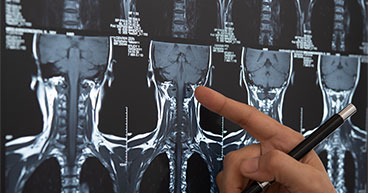
April 20, 2022
Patients have options to restore their voice after head and neck cancer treatmentFor patients with head and neck cancers, cancer symptoms and treatment side effects often complicate two innate tasks that are usually taken for granted—speaking and swallowing.
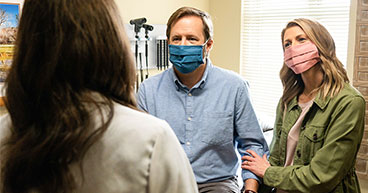
April 6, 2022
COVID may have reversed important strides made in cancer preventionThe COVID-19 pandemic, and the delays in cancer screenings it's caused, came at a time when America was making promising strides in the treatment of cancer.
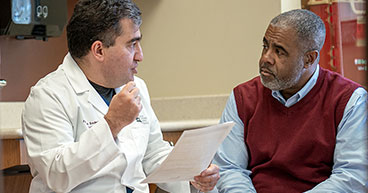
March 23, 2022
For prostate cancer patients, it’s always good to know the scoreThe Gleason score is a critical calculation designed to help determine the extent of the disease, the aggressiveness of the cancer cells and how it may be treated.
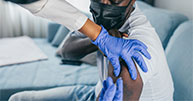
January 26, 2022
Get boosted, because the pandemic isn’t over, until it’s overThe COVID-19 omicron variant surge means cancer patients need to continue to fight COVID fatigue, remain vigilant and take steps to avoid infection.
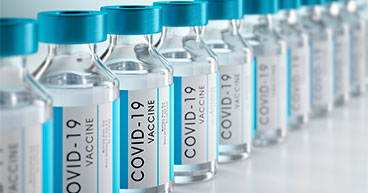
October 20, 2021
What cancer patients need to know about COVID-19 vaccine boostersCOVID booster shots are intended to help better immunize people who didn’t get enough protection from the first two vaccine shots or to those whose protection may be waning.
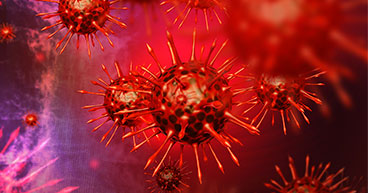
August 25, 2021
What cancer patients need to know about the COVID-19 Delta variantThe rise in new COVID-19 cases requires cancer patients and caregivers to continue to take extra steps to reduce their risk of exposure.

July 13, 2021
Telehealth post-pandemic: Video doctor visits look like they’re here to stayTelehealth may provide advantages for physicians and other health providers, especially when used in combination with in-office appointments.
Guidelines
The information contained in this blog is not intended nor implied to be a substitute for professional medical advice. Always seek the advice of your physician or other qualified health provider prior to starting any new treatment or with any questions you may have regarding a medical condition. Nothing contained in the blog is intended to be used for medical diagnosis or treatment of any illness, condition or disease.